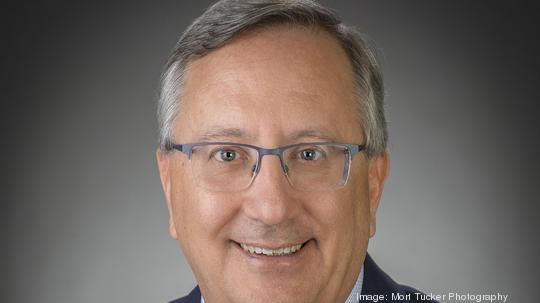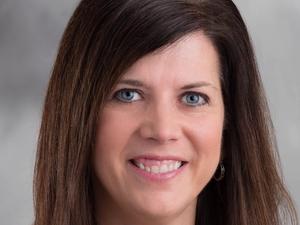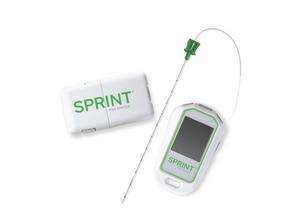
MIDAS Healthcare Solutions Inc. has raised $1.2 million from a development partner for its products that secure, track and dispose of controlled drugs, such as opioids, in health care settings.
That partner, IQ Inc. in Monroeville, Pennsylvania, is developing the software that will run the patent-pending portfolio of MIDAS (medication integrity diversion accountability system) products.
"We hit on a vulnerability in health care," said Jeffrey Wahl, co-founder and president, in an interview.
"There was not a rational, tech-based solution" for disposing of controlled substances in hospitals, nursing homes and other health care settings, said Wahl, an attorney who specializes in medical risk mitigation.
Trouble is, some caregivers and other people use or sell discarded controlled substances, such as fentanyl patches that treat chronic pain patients, he said.
This multi-billion-dollar problem occurs in hospitals, surgery centers and other locations where medications are dispensed and administered, MIDAS said in a statement. Some reports estimate there are nearly 4,000 instances of opioid diversion each day, the company said.
"We realized that fentanyl and drug diversion are big problems," Wahl said.
So MIDAS was founded in 2017 by Michael LaFauci, a New York pharmacist, medical device developer and serial entrepreneur who now is the company's CEO, Wahl said.
LaFauci invented the Patch Catcher — a cylindrical device that "catches," encapsulates and chemically neutralizes transdermal fentanyl patches to reduce accidental exposure to patches that are discarded, Wahl said.
The Patch Catcher was designed by Cleveland product design firm Nottingham Spirk, he said.
Not only do MIDAS products neutralize controlled substances, they track them and verify that they've been properly discarded, Wahl said.
MIDAS plans to use its latest funding, in part, to launch pilots of its Verified Institutional Environment for Wasting (VIEW) system in up to five major healthcare institutions nationwide in mid-2023, the company said.
This first-of-its-kind, software-based visual accountability system aims at eliminating human error, preventing controlled substance mishandling and misappropriation, and avoiding unreasonable reliance on the "honor system" for medication handling, MIDAS said.






